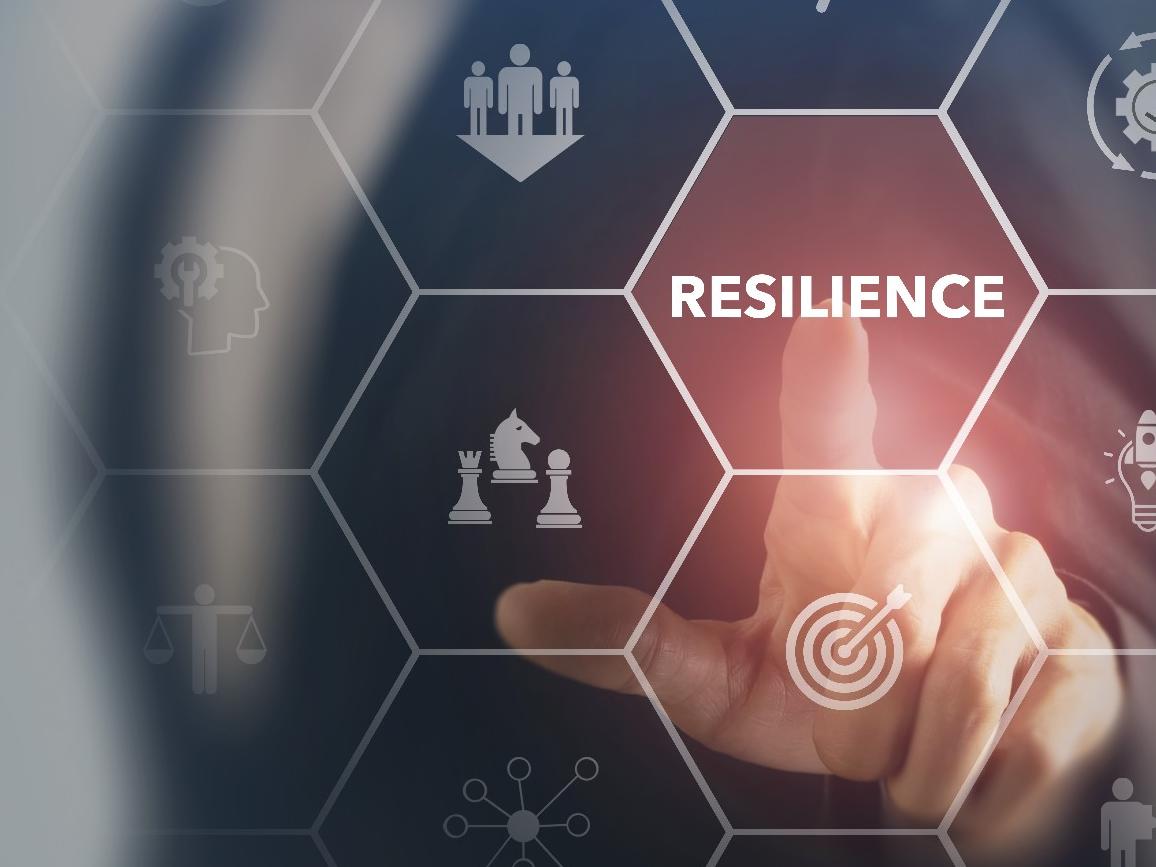Strengthening Social Resilience: Insights from Global Discussions

Today, the Commission for Social Development held two round-table discussions that highlighted the pressing need for enhanced governance, preparedness, and investment in human capital. The focus was on strengthening “social resilience,” which refers to the ability of individuals and societies to prevent, absorb, adapt, and recover from crises. This discussion comes at a critical time, as the world faces increasingly complex challenges that test the resilience of communities and institutions.
The Role of Governance in Social Resilience
Effective governance is essential for building social resilience. During the discussions, panelists emphasized that strong governance frameworks can help societies navigate crises more effectively. Angela Kawandami, the moderator of the first panel, pointed out that the principles of social inclusion, poverty eradication, and equity remain vital. However, the global landscape has transformed significantly since the World Summit for Social Development held three decades ago in Copenhagen. Today, crises are more frequent and interconnected, spanning geopolitical, economic, health, and environmental spheres.
Meir Bing, CEO of the Open University of Israel, shared insights from his experience in building resilience among minority populations. He noted that fostering trust between the government and social sectors is crucial. This trust can enhance infrastructure and public services, creating communities that support vulnerable populations. His case study revealed that the percentage of minority students in higher education has nearly doubled over the past decade, demonstrating the positive impact of targeted governance and investment in education.
Michael Woolcock, Lead Social Scientist at the World Bank, added that development policies must engage with local contexts to gain legitimacy. He warned that policies would struggle in environments where societal groups are divided and where trust in authorities is lacking. Effective governance, therefore, is not just about creating policies; it is about ensuring that these policies resonate with the people they aim to serve.
Investing in Human Capital for Resilience
Investment in human capital is another critical component of social resilience. The discussions highlighted the importance of education and skills development in empowering individuals to face challenges. Marek Kamiński, an explorer and founder of the Kaminski Foundation, emphasized that mental resilience is just as important as physical strength. He created the LifePlan Academy to teach mental resilience and stress management, providing practical tools for individuals to adapt to challenges.
Obiageli Ezekwesili, President of Human Capital Africa, stressed that the quality of political leadership directly correlates with economic performance. She pointed out that many democratic processes are exclusionary, which undermines societal resilience. To build a resilient society, it is essential to ensure that everyone feels cared for and included. This requires a commitment to fixing political systems and making them more inclusive.
Moreover, panelists discussed the need for universal rights-based social protection systems that adapt to evolving risks. Danilo Türk, former President of Slovenia, highlighted that social development must promote human rights and address vulnerabilities, particularly in the face of climate change. Innovations like digital cash transfers and mobile health services can significantly improve service delivery for marginalized populations, ensuring that everyone has access to the support they need.
Addressing Vulnerabilities through Social Protection
Social protection systems play a vital role in addressing vulnerabilities and mitigating the impacts of crises. Angela Chomba Kawandami from Zambia emphasized that these systems are designed to tackle both short-term needs and long-term vulnerabilities. Zambia’s social protection programs include cash transfers, food assistance, and social insurance schemes aimed at supporting those living below the poverty line.
Héctor Ramón Cárdenas Molinas from Paraguay discussed the significant impact of extreme weather events on vulnerable populations. He stressed the importance of integrating policies that promote sustainable and resilient development. This includes addressing the consequences of climate change and ensuring that social protection systems consider the needs of marginalized groups, such as women, youth, and persons with disabilities.
Edgilson Tavares de Araújo from Brazil highlighted the principles of universality, equity, and democracy that underpin Brazil’s social protection system. He noted a significant drop in severe food insecurity, attributing this success to a strong state working in partnership with civil society. Brazil’s commitment to providing decent employment and fostering an economy of solidarity is crucial for building social resilience.
Observer Voice is the one stop site for National, International news, Sports, Editor’s Choice, Art/culture contents, Quotes and much more. We also cover historical contents. Historical contents includes World History, Indian History, and what happened today. The website also covers Entertainment across the India and World.

